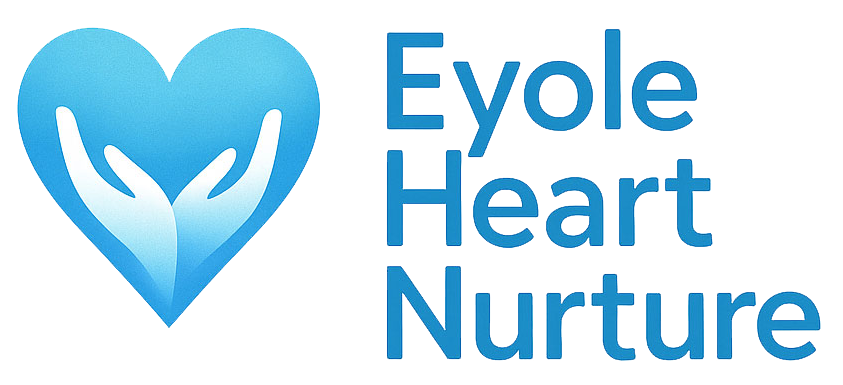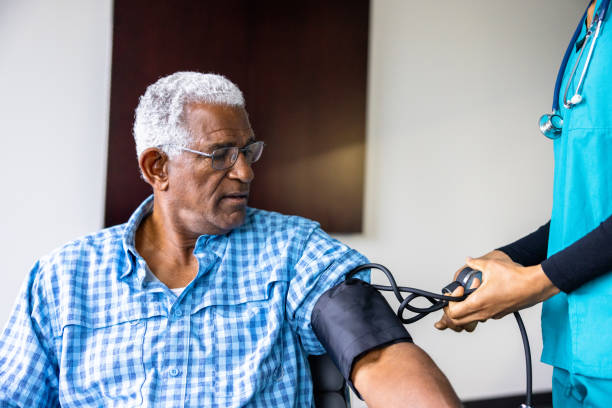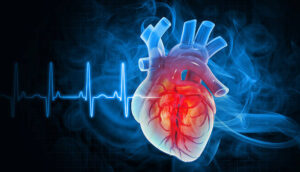“My name is Daniel, a 50-year-old carpenter with a passion for crafting furniture, but beneath my active life, high cholesterol silently threatened my heart”.
High cholesterol causes 3.6 million deaths every year, and it’s a major risk factor for heart disease and stroke. A routine check-up revealed Daniel had elevated lipid levels, and the weight of that news pressed on him. Determined to fight back, he turned to wisdom from health experts and strengthened his faith.
What are the warning signs of high cholesterol?
“My days were filled with the scent of wood and the hum of my workshop, but fatigue began to creep in, unnoticed at first. A blood test unveiled the truth: my “bad” cholesterol, or LDL, was too high, a condition known as hypercholesterolemia.
Hypercholesterolemia is a lipid disorder in which your low-density lipoprotein (LDL), or bad cholesterol, is too high. This makes fat collect in your arteries (atherosclerosis), which puts you at a higher risk of heart attack and stroke. Atherosclerosis is the main cause of cardiovascular disease, which is the reason for more deaths than anything else in the world.
“This revelation shook me, but it also sparked hope, echoed by Psalm 30:2: Lord my God, I called to you for help, and you healed me, Daniel says.
How is hypercholesterolemia treated?
Health guidance suggests, hypercholesterolemia treatment involves bringing down your LDL level to prevent heart disease, achievable through exercise, a healthy weight, and a balanced diet. According to experts, Hypercholesterolemia treatment involves bringing down your LDL level to prevent heart disease. You can do this through:
- Exercising more.
- Staying at a healthy weight.
- Eating foods low in saturated fat.
- Lowering your stress level.
- Taking cholesterol-lowering medications.
- Avoiding tobacco products.
- Controlling high blood pressure and blood sugar.
- Having lipoprotein apheresis (using a device to take lipoproteins out of your blood and then putting your blood back into your body). This is only for people with severe hypercholesterolemia.
A Turn Toward Healing
Armed with knowledge, Daniel began managing his condition with practical steps. “It felt like a weight lifting off my chest,” He recalls, as he started walking daily and choosing meals low in saturated fats. “I found peace in reducing stress through prayer, inspired by Philippians 4:6: Do not be anxious about anything, but in every situation, by prayer and petition, with thanksgiving, present your requests to God.”
A Life Renewed
With each step, Daniel felt stronger. “Regular walks turned into a morning ritual, and my energy returned”. Research supports this, noting that exercising more and staying at a healthy weight can lower LDL. Daniel’s cholesterol levels began to improve, and he leaned on Isaiah 40:31: “But those who hope in the Lord will renew their strength. They will soar on wings like eagles.”
Next steps
The combination of lifestyle changes, medication, and faith can work wonders.
Jeremiah 29:11 assures us: “For I know the plans I have for you… plans to prosper you and not to harm you, plans to give you hope and a future.”. Take our free heart test at Eyole Heart Nurture.com today, and let’s explore how this can guide your path.
FAQs
- How does hypercholesterolemia affect the heart?
Hypercholesterolemia causes fat buildup in arteries (atherosclerosis), raising heart attack and stroke risk, as noted by the Cleveland Clinic. - What is the relationship between cholesterol and heart health?
High LDL cholesterol harms heart health by clogging arteries, while managing it supports cardiovascular wellness (BHF). - How long does it take high cholesterol to affect your heart?
It can take years, but early buildup may start silently, emphasizing regular checks (World Heart Federation). - Is hypercholesterolaemia a cardiovascular disease?
No, hypercholesterolemia is a risk factor that can lead to cardiovascular disease if untreated (Cleveland Clinic). - Can hypercholesterolemia be reversed?
Partially, with lifestyle changes and medication, though severe cases need ongoing management (BHF). - Who suffers most from high cholesterol?
High cholesterol affects all ages, but those with genetics (like FH) or poor diet are at higher risk (World Heart Federation). - Can lack of sleep cause high cholesterol?
Poor sleep may contribute to higher LDL, though it’s not a direct cause (Cleveland Clinic). - Does exercise reduce cholesterol?
Yes, regular exercise lowers LDL and boosts HDL, supporting heart health (BHF). - How long does it take to get cholesterol out of your blood?
Lifestyle changes may show results in weeks, but full management takes months with consistency (Cleveland Clinic). - Does hypercholesterolemia cause heart attacks?
Yes, if untreated, it can lead to artery blockages, causing heart attacks (World Heart Federation).





